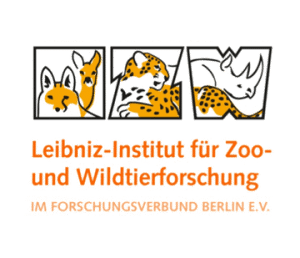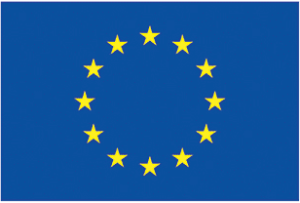Project Partners
PANDASIA brings together a collaboration of leading institutions, practitioners, and stakeholders from the EU and Southeast Asia. These institutions represent various fields, including social sciences, anthropology, ecology, wildlife, veterinary sciences, virology, mathematical modeling, statistics and evaluation, public health, and economics. PANDASIA is implemented by a multi-disciplinary consortium comprised of partners from the following institutions:



















